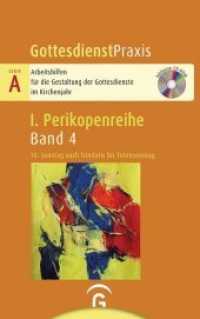Description
(Text)
Despite the plethora of discussions on the potentials of information and communication technologies (ICTs) for development, efforts to bridge the so-called digital divide have suffered from the lack of convincing evidences of the positive impact of the new technologies, especially on rural areas and households. The present study aims at identifying and measuring the positive impact of ICTs on rural households through a holistic approach integrating national, project and target group level analyses. With a case of the Rural Telecommunications Project in Lao PDR, the impact of telephone, the most basic ICT, was investigated at three different levels. The project level analysis reveals that the Rurtel service is efficient and sustainable, and has benefits for rural residents comparable to other infrastructures. The target group level analysis applied propensity score matching and regression analysis, and the results confirm the positive and pro-poor impact of telephone use on household welfare. Despite these contributions, investment in telecommunications has not been substantial. The government should commit itself to expanding the network to rural areas by setting up "universal access" of telephone service, which seem to be an appropriate technology for rural population considering the current conditions for ICT deployment.
(Table of content)
Contents: Information and communication technologies (ICTs) for development - Potential benefits and risks of ICTs - Institutional, connectivity, human resource, contents, entrepreneurship development in Lao PDR - ICTs for rural development - Telephone use among rural households - Impact of telephone on household welfare - Consumer surplus - Propensity score matching; Regression analysis.
(Author portrait)
The Author: After receiving her M.A. in international commerce from the Graduate School of International Studies of Korea University in 1999, Gi-Soon Song joined the Center for Development Research (ZEF) as a research fellow. She obtained her Ph.D. in 2002 from Bonn University.








